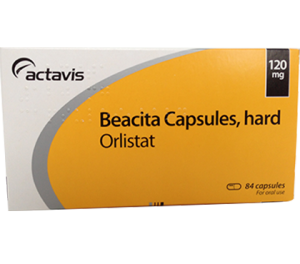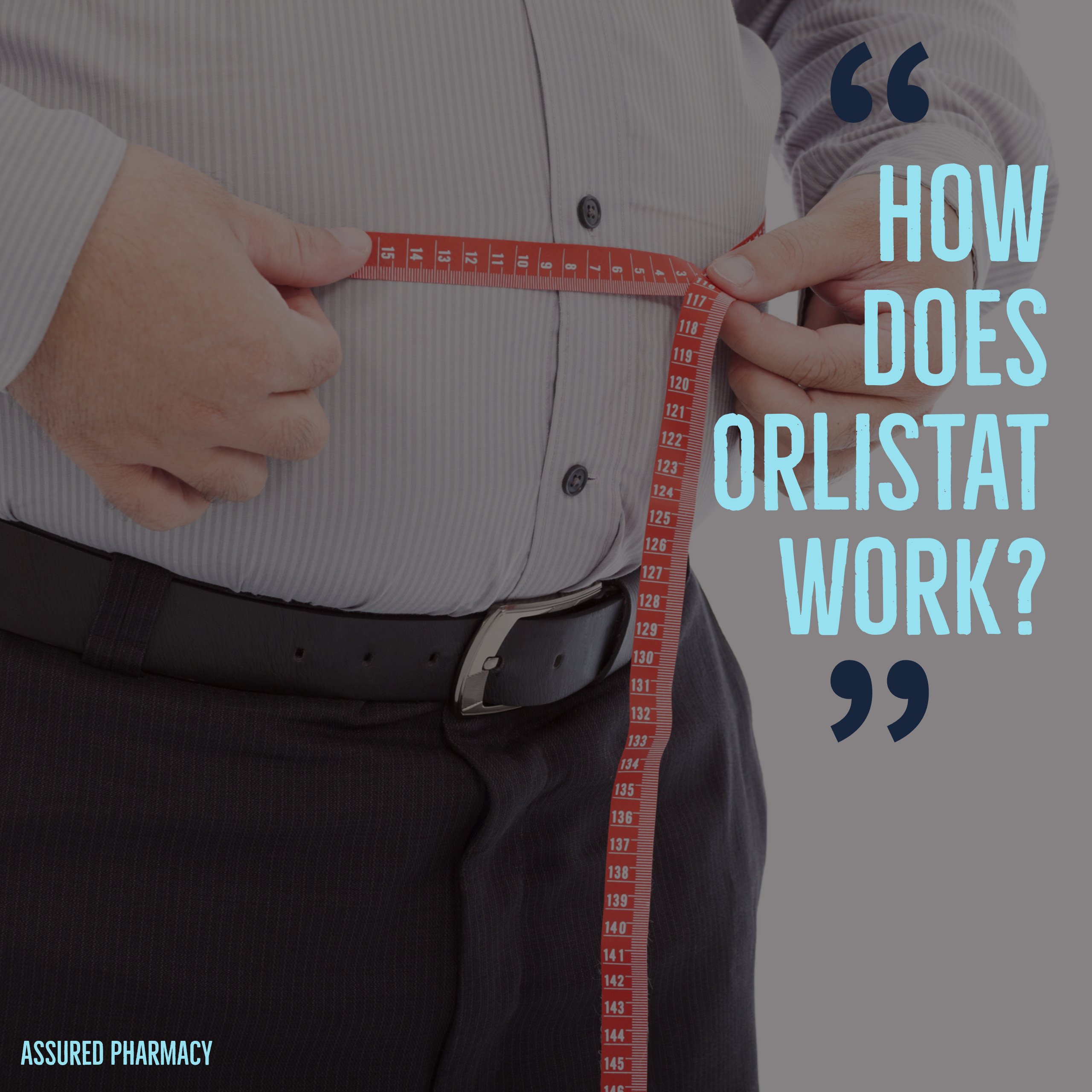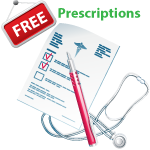So it was your birthday recently and your supermodel BFF (that’s best friend forever) bought you this LBD (that’s little black dress). It’s a shorter version of THAT DRESS worn by Elizabeth Hurley when she accompanied Hugh Grant to the premiere of Four Weddings and a Funeral in 1994. Do you remember it was held together by lots of massive gold safety pins? THAT dress was perhaps Versace’s most well-known creation and is commonly considered to be largely responsible for launching Liz Hurley onto the global media stage. Well, your BFF who really does work in the modelling industry has brought you a similar one….but? But unfortunately, you don’t have the figure to pull it off, well not yet anyway.
Well you know yourself, you may be a little on the big side and you really want to be able to wear this dress, of course, your BFF bought it in a size 8 and you’d be lucky to squeeze into a 16 at the moment. So what do you do about it? More to the point what have you done about your weight issues so far? I hear you saying dieting hasn’t helped, exercising hasn’t helped, lifestyle modifications don’t seem to be helping, well you don’t think these measures have helped. In reality, all the effort you have made probably has helped, but perhaps you’re being a little harsh on yourself.
a little harsh on yourself.
Let’s be realistic going from a size 16 too and 8 isn’t going to happen overnight, it’s going to take a lot of hard work and dedication. As we are now well into the New Year this means that it’s a new start. Have you ever considered speaking to a GP or a Pharmacist? They are there to listen and help. But they aren’t psychic! If you want help you need to ask for it! But you could do with doing some homework prior. Let’s give you some pointers on how to get going so here goes….
So as a baseline you need to work out your body mass index (BMI). There are many ways in which a person’s health in relation to their weight can be classified, but the most commonly used method is body mass index. This will give us an indication of how big you really are, if at all. Yes, there are people out there that when they look in the mirror it’s like the hall of mirrors at a fairground and they see a much bigger person than what they are in reality.
What is BMI?
BMI is a measure of whether you’re a healthy weight for your height. BMI isn’t used to definitively diagnose obesity because people who are very muscular sometimes have a high BMI without excess fat. But for most people, BMI is a useful indication of whether they’re a healthy weight, overweight or obese.
Another perhaps better measure of excess fat is waist circumference, which can be used as an additional measure in people who are overweight (with a BMI of 25 to 29.9) or moderately obese (with a BMI of 30 to 34.9).
In general, men with a waist circumference of 94cm (37in) or more and women with a waist circumference of 80cm (about 31.5in) are more are more likely to develop obesity-related health problems [1] [2].
How do you calculate BMI?
You can calculate BMI using the following formula
BMI = (Weight in Kilograms / (Height in Meters x Height in Meters))
Ok so you’re rubbish at maths and you are now completely lost so thankfully there are lots of online calculators which do all the hard work for you. Here’s one I found earlier. Just click on this link https://www.nhs.uk/Tools/Pages/Healthyweightcalculator.aspx
What do these results mean?
For most adults, a BMI of:
- 18.5 to 24.9 means you’re a healthy weight
- 25 to 29.9 means you’re overweight
- 30 to 39.9 means you’re obese
- 40 or above means you’re severely obese
If your BMI is less than 28 this blog isn’t for you and I wish you all the best in the quest for losing weight. Treatment options aren’t really for you so persevere with a healthy diet combined with regular exercise and please do speak to your GP or Pharmacist for further advice if need be.
However, if your BMI is 30 and above, you are classed as obese, or 28 or above, and you have a medical condition that would benefit from losing weight (such as diabetes or high blood pressure read on for a treatment option which could be beneficial.
So back to the little black dress scenario, you’ve worked out your BMI to be a little over 30, so you fall into the obese category, but only just, so don’t beat yourself up about it. And I’m guessing you’re thinking your supermodel BFF was hinting you should lose some weight by buying you that little black number. Well, there’s nothing wrong with a little motivation is there?
Are there any treatment options available to help things along?
Yes, there is a treatment option called Orlistat.
Is it right for me?
Maybe or maybe not.
- Is your BMI 30 or above? Yes, it is.
- Are you aged between 18-65? Yes, you are.
- Have you ever taken Orlistat before? No, you haven’t.
- Are you pregnant, breastfeeding or planning to become pregnant in the next 6 months? No, you’re not, but you might after you’ve managed to get into THAT dress!
- Do you suffer from allergies? No, you don’t.
- Do you have any of the following?
- Liver or kidney problems
- Epilepsy
- Chronic malabsorption syndrome
- Anorexia or bulimia
- Cardiac problems including a heart attack, heart failure, stroke or problems with blood clots such as deep vein thrombosis or pulmonary embolism
- Inflammatory bowel disease
- Diabetes
- Hypercholesterolaemia
- Sleep apnoea
- Gallbladder, bile duct or pancreas disease
- Previous abdominal surgery involving the removal of a section of the bowel
No to all of the above
- Are you taking any medication including over the counter or herbal medication? Medicines with particular interactions include anti-epileptics, anti-virals, thyroxine, ciclosporin and oral contraceptives.
No to all of the above
Great news, Orlistat could be a viable treatment option for you. So you definitely need to have a conversation with the GP or Pharmacist!
What is Orlistat?
This is a hard capsule containing 120mg of the drug Orlistat. Xenical is a brand name for generic Orlistat 120mg. Xenical is manufactured by Roche Pharmaceuticals and contains the active ingredient Orlistat 120mg [3]. Pharmaceutically there is no difference between generic Orlistat (sometimes called Beacita- I’ve not a clue how that is pronounced) and Xenical although Orlistat is generally available at a lower price [3]. Another name is Alli (pronounced Al-lie) which you may have seen advertised or on the shelf behind the chemist counter-however this “Pharmacy only” version is 60 mg and can be bought after having a consultation with the Pharmacist, therefore, a GP does not need to be involved in the process.
The manufacturers claim that Orlistat is a medicine which can help you to lose weight if you are overweight or obese. It is used to treat obesity not only by reducing the body weight but also by helping to maintain weight at the achieved level, thereby preventing the regaining of body weight. Orlistat proves itself as an effective and safe drug for obesity treatment, including diseases related to obesity: type 2 diabetes, hypertension, cardiovascular diseases and diseases of the endocrine system.
How does Orlistat work?
After a thousand words we finally get to the point of this blog (see the title above in case you’ve forgotten). To give you a detailed explanation as we all like a bit of extra detail when we are considering venturing into unknown territory:
In true Pharmacists lingo, we class Orlistat as a “Peripherally acting anti-obesity agent”. This roughly translates to… it works on the surface rather than being absorbed into your bloodstream.
This hard capsule is a potent, specific and long-acting inhibitor of gastrointestinal lipases. This means it stops gut enzymes. It exerts its therapeutic activity in the lumen of the stomach (watery space in the stomach) and small intestine by forming a covalent bond (a type of connection) with the active serine site of the gastric and pancreatic lipases (active site on the enzymes). This essentially inactivates the enzyme (renders it useless). The inactivated enzyme is not able to hydrolyse (breakdown) dietary fat, in the form of triglycerides, into absorbable free fatty acids and monoglycerides [3]. Are you still with me? That wasn’t so hard to take in, was it? Ok, so it was. In a nutshell, Orlistat works by blocking chemicals (enzymes) in your gut which digest fat. Nearly a third of the fat that you eat is blocked by Orlistat. The undigested fat is not absorbed into your body and is passed out with your stools (faeces) [5]. Orlistat basically stops the fat from your diet is absorbed into your body.
Remember the body cannot digest unsplit fats so Orlistat essentially helps to get rid of fats from the body unchanged [4].
How do you take Orlistat?
The manufacturers state that the recommended dose of Orlistat is one “120 mg capsule taken with water immediately before, during or up to one hour after each main meal. If a meal is missed or contains no fat, the dose of Orlistat should not be taken”.
They also go on to say that you should be on a nutritionally balanced, mildly hypocaloric diet containing approximately 30 % of calories from fat. It is recommended that the diet should be rich in fruit and vegetables. The daily intake of fat, carbohydrate and protein should be distributed evenly over three main meals. It is presumed you would have 3 main meals per day [3][4].
Tips on how to reduce fat intake
- Use low-fat spreads instead of butter or regular spreads.
- Choose lean cuts of meat and trim any visible fat. Remove skin from chicken and crackling on pork.
- Avoid adding fat/oil when cooking – grill, poach, bake or microwave instead.
- Use low-fat dairy foods such as semi-skimmed or skimmed milk, low-calorie yoghurts, reduced-fat cheeses and low-fat spreads.
- Choose lower-fat cook-in sauces with less than 5 g fat per 100 g sauce [7] or alternatively make your own.
How effective is Orlistat?
It really is not a case of the more drug you use the more fat you lose. Doses of Orlistat greater than 120 mg three times daily have not been shown to provide additional benefit. The effect of Orlistat results in an increase in faecal fat as early as 24 to 48 hours after taking the dose. If therapy is stopped, faecal fat content usually returns to pre-treatment levels, within 48 to 72 hours. No more than 3 doses should be taken and if you are having a fat-free meal you don’t take a dose as there would be no fat for the drug to work with.
Clinical trials have shown greater weight loss in Orlistat groups versus placebo (a control used in testing new drugs with no therapeutic effect) and the results from several trials showed that Orlistat was associated with better maintenance of weight loss. In other words, Orlistat is clinically proven to show weight loss and maintaining that loss of weight over a period of a year against using a placebo. The trials have shown that the optimum dose to take is 120 mg three times a day. Analysis of two small trials showed that Orlistat within the dose range 60 mg three times a day did not produce weight loss that was significantly different (60 mg is the strength that can be bought over the counter).
Some people lose 10% or more of their body weight within six months with the help of Orlistat. Orlistat can on occasion appear to be less effective in certain individuals as it is commonly assumed that a weight-reducing diet is no longer needed, and the Orlistat will work its magic. This really is not true. In order to lose weight, you still have to eat less and exercise regularly. To reaffirm, Orlistat prevents just under a third of the fat from your diet from being absorbed. But a healthy weight-reducing diet must be maintained, however, if more fat (chocolates, cakes, etc.) is ingested, the extra fat will easily cancel out the effect of the Orlistat. So bare this in mind.
Orlistat
£53.00 – £120.00
Orlistat has been proven to help patients lose weight in clinical trials. Orlistat is the generic, non-branded form of Xenical, and is therefore better value for money. Both medicines have exactly the same effectiveness.
SKU: N/A
Description
What Is Orlistat?
Orlistat can be used to help with weight loss. Rather than being an appetite suppressant it stops your body from absorbing the fat from food. This process helps the body to lose weight. Orlistat is not a single solution and should be used with a sensible calorie controlled diet.
Orlistat blocks approximately 1/3 of the fat from your food by attaching to enzymes in the digestive system and stopping them from breaking down the fat content of your food. The undigested fat is simply passed through your system.
How to Take Orlistat
The recommended dose of Orlistat is a 120-mg capsule taken with water with each meal that contains fat. You should take Orlistat up to three times a day in conjunction with a reduced-calorie diet. Each time you take Orlistat , your nutritionally balanced meal should contain no more than about 30% of calories from fat.
You should evenly divide your daily intake of fat, carbohydrates and protein over three main meals. Take Orlistat during meals or up to 1 hour after a meal. If you occasionally miss a meal or have a meal without fat, you can omit your dose of Orlistat . Doses above 120 mg three times daily have not been shown to provide an additional weight-loss benefit.
You should try to follow a healthy eating plan, such as one from which no more than 30% of calories come from fat. Following this eating plan will help you lose weight while decreasing some of the possible gastrointestinal effects you may experience while taking Orlistat . You may also need to adjust your calorie intake and/or your activity level, including reasonable exercise.
If your meal contains too much fat, you may experience diarrhoea. In the case of bloody stools, discontinue use and seek medical advice.
Vitamin Supplements
Because Orlistat interferes with your body’s absorption of some fat-soluble vitamins, you should take a daily multivitamin supplement that contains vitamins A, D, E and K and beta carotene once a day at least 2 hours before or after taking Orlistat , such as at bedtime
Patient Information Leaflet
Always read the patient information leaflet before commencing treatment. Patient information can be found here.
How long does it take to work?
It is anticipated that as long as you have lost 5% of your weight within three months, there is no restriction on how long Orlistat may be prescribed. But you need to be sensible, you can’t take it forever. So, most doctors will review treatment regularly and will decide if it is still appropriate for you to carry on taking Orlistat. If you continue to lose weight after six months, your doctor may advise that you continue to take the drug. This may be for up to 1-2 years, or longer if you have a great deal of weight to lose.
On the flip side if you have not lost 5 % or more of your weight within three months of initiating treatment, and you have followed a weight reducing diet combined with exercise, then unfortunately Orlistat probably isn’t right for you. Your GP will be able to discuss further steps with you.
Are there any side effects?
This can be the scary bit. When you get your box of pills there will be a leaflet inside. It’s there for you to read, yes we know it’s usually chucked in the bin. The manufacturers have an obligation to give you some important information thus enabling you to make an informed choice as to whether you wish to initiate or continue with treatment. Every drug has side effects, even paracetamol believe it or not. Most of the side effects relating to Orlistat are caused by the fat from your diet which is passed out with your stools (faeces). You may have fatty smelly stools, an immense urgency to get to the toilet, oily spotting on your underwear, and excess wind [3][7]. These side-effects are less likely to occur if you stick to a low-fat diet. But they do tend to settle with time, but remember that each time they occur they remind you that you should be eating a low-fat diet. If that’s not enough of a preventative measure then I’m not sure what is. Other side-effects are rare, but the full list is on the leaflet so have a read. Remember any problems, questions or queries-speak to your GP or Pharmacist.
And finally, we come to the end of this blog after over 2000 words of information overload. So hopefully you’ve got enough information to make a decision as to whether Orlistat could be right for you or not. If you really do want to get into that little black dress and you think you fall into the criteria of people suitable for taking Orlistat you know who you need to speak to.
References
- https://www.nhs.uk/conditions/obesity/
- https://www.nhs.uk/Tools/Pages/Healthyweightcalculator.aspx
- https://www.medicines.org.uk/emc/product/2592
- https://aboutorlistat.com/120mg/
- https://patient.info/health/obesity-overweight/orlistat-weight-loss-medicine
- https://www.nice.org.uk/guidance/ta22/documents/orlistat-for-treatment-of-obesity-in-adults-hta-report2
- https://patient.info/health/obesity-overweight/orlistat-weight-loss-medicine
Assured Pharmacy is not liable for the currency or accuracy of the information contained in this blog post. For specific information about your personal medical condition, please contact our doctors or pharmacists for advice on [email protected]











Reviews
There are no reviews yet.